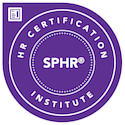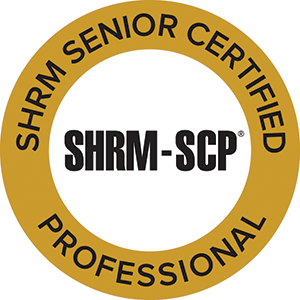A proposed bill by Senator John Kerry (D-MA) and Rep. Jill McDermott (D-WA) would curtail the use of a federal “safe harbor” that allows businesses to treat workers as independent contractors for federal employment tax purposes.
According to the press release, the Fair Playing Field Act of 2010(pdf) (H.R. 6128, S. 3786) aims to “close a tax loophole currently allowing businesses to misclassify workers as ‘independent contractors,’ thereby creating an unfair environment for businesses that play by the rules and an unfair environment for workers,” by doing the following:
» End the moratorium on Internal Revenue Service (IRS) guidance addressing worker classification. The Secretary of Treasury would be directed to issue prospective guidance clarifying the employment status of individuals for federal employment tax purposes.
» Amend the provisions of the tax code that provide for reduced penalties for failure to deduct and withhold income taxes and the employee’s share of FICA taxes.
» Require persons who contract independent contractors on a regular and ongoing basis to provide a written statement to each independent contractor of the federal tax obligations of independent contractors, the labor and employment law protections that do not apply to independent contractors, and the right of the independent contractor to seek a status determination from the IRS.
» Require the Secretary of the Treasury to issue annual reports on worker misclassification.
The Senate bill has been referred to the Senate Finance Committee, while the House companion bill has been referred to the House Committee on Ways and Means.
What does this mean for you if the bill passes and you have independent contractors?
If you have independent contractors who provide on-going services to your business, it is imperative that you examine whether they are classified correctly. In order for the employer to continue to benefit from the safe harbor provision, the employer must prove contractors are not performing substantially similar work to their employees. If an employer has misclassified their workers, the IRS may fine the company with heavy penalties and the worker may be entitled to back pay, overt-time pay, and benefits.
For more information on the proposed bill visit the following website: http://kerry.senate.gov/press/release/?id=cd7f5a6e-7feb-41ae-8e8f-6004669821fc.
Also, if the bill passes, we suggest you speak to your CPA or Tax Attorney on the impact of the bill to your business.




